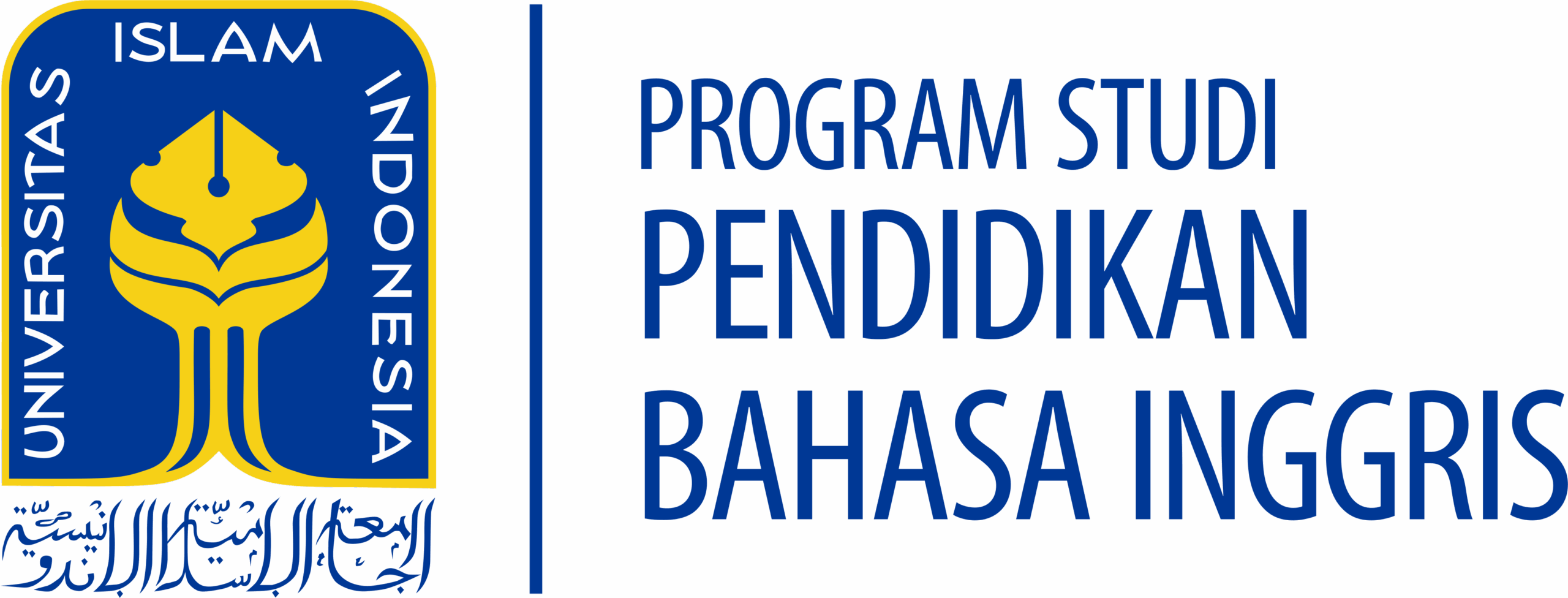PBI Gelar Worskhop Cooperative Learning Techniques in EFL Classroom
Suasana workshop cooperative learning di Lab. Bahasa Gedung Moh. Hatta Kampus
Guna memperoleh hasil maksimal dalam mengimplementasikan teknik cooperative learning pada aktivitas belajar mengajar di kelas, secara khusus Program Studi Pendidikan Bahasa Inggris (PBI) Fakultas Psikologi dan Ilmu Sosial Budaya (FPSB) Universitas Islam Indonesia (UII) menggelar workshop Cooperative Learning Techniques in EFL Classroom, Senin, 11 Mei 2015 lalu. Kegiatan yang dihelat di Laboratorium Bahasa Gedung Moh. Hatta Kampus Terpadu UII dan diperuntukkan bagi staf pengajar Bahasa Inggris (dalam dan luar UII) tersebut menghadirkan 2 orang pakar cooperative learning dari Universitas Negeri Semarang, yakni Novia Trisanti M, Pd., dan Rini Susanti Wulandari, M.Hum.
Adapun materi garis besar dalam workshop tersebut adalah pengembangan materi pembelajaran dengan menggunakan teknik-teknik cooperative learning seperti circle the sage, jigsaw, number head together, think-pair-share, think-pair-solo, round Robin dan cooperative controversy.
Dalam workshop tersebut, tampak para pemateri sangat bersemangat dalam menyampaikan materinya, demikian juga para peserta yang tampak sangat antusias untuk menimba ilmu.





 Jika peserta PPL Australia Periode 7 tahun 2013 lalu mendapatkan materi Cross Culture Understanding (CCU) dari Dr. Anita Dewi melalui fasilitas skype, maka untuk calon peserta PPL Australia periode 8 tahun 2014 mendapatkan materi secara langsung (tatap muka) dengan Dr. Anita Dewi, Jumat, 27 Juni 2014.
Jika peserta PPL Australia Periode 7 tahun 2013 lalu mendapatkan materi Cross Culture Understanding (CCU) dari Dr. Anita Dewi melalui fasilitas skype, maka untuk calon peserta PPL Australia periode 8 tahun 2014 mendapatkan materi secara langsung (tatap muka) dengan Dr. Anita Dewi, Jumat, 27 Juni 2014. 
